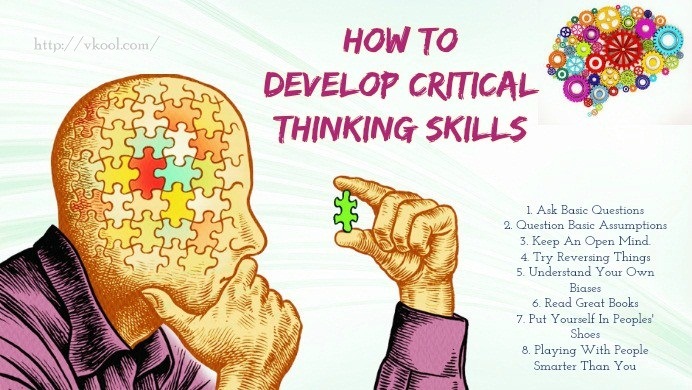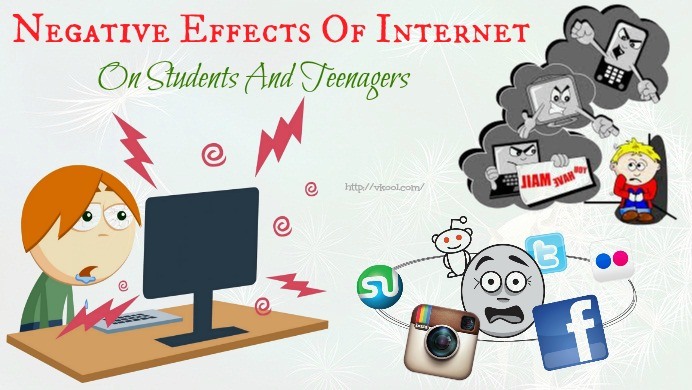
Alcohol might be one of the most controversial products in terms of health, laws, age or causes of accidents. Despite the availability of alcohol, and the part it plays in the life of many people, not everyone knows the interesting facts about alcohol use and abuse and how it could affect you. Here, VKool.com has compiled some alcohol facts with links to other relevant information, so you could be more aware of what you are drinking and what it can be doing to your own body and life.
25 Facts About Alcohol Use And Abuse – Most Interesting Facts To Know

1. Among interesting facts about alcohol, this might be the most interesting one. The alcohol production has been traced back at last 12,000 years.
2. Annually, in the U.S, about 5,000 people under the age of 21 die from an alcohol-related incident containing homicides, suicides, car crashes, alcohol poisoning and many other related injuries.
3. Alcohol is the substance which impairs judgment if consumed and could result in drinking and driving, violence, unintended sexual activity, and other dangerous behaviors.
Check out: how to give up alcohol

4. Males are more likely than females to drink in excess and are a couple of times more likely to get involved with a fatal car accident which is related to alcohol.
5. About 70% of 18-year-old people admit to drinking an alcoholic drink at least once whilst about 80% of college-aged students report the consumption of alcohol.
6. When the large amount of alcohol is taken in a short span of time, it is considered binge drinking. For males, this is 5 or even more drinks in just 2 hours, and for females, it is 4 or more.

7. People from 18-34 binge drink the most. It could result in unplanned pregnancy, spread of STDs, car accidents, violence or alcohol abuse.
8. Alcohol consumption leads to inflammatory chemicals named Cytokins to be overproduced by the human bodies. This will lead to loss of concentration, memory loss, and sometimes pain in head.
9. Most yeasts could not grow as the alcohol concentration is much higher than about 18% by volume, so it is a practical limit for the strength of fermented drinks like beer, wine, and sake.

10. Fortified wines are manufactured by offering brandy or other distilled spirits to gain higher ABV than is easily reached using fermentation alone.
11. The countries which are the highest in beer consumption are Czech Republic, Germany, and Ireland.
12. People who drink in moderation tend to live longer and be healthier than those who either do not drink or abuse alcohol. The level of moderation means less than 0.01% of blood/breath alcohol concentration.
13. One of the tips on driving after drinking is that the effect of alcohol could be limited by not drinking over 1 drink per hour.

14. In fact, one of the interesting facts about alcohol is that alcohol does not damage the brain cells. The moderation consumption of alcohol can be associated with enhanced cognitive functioning.
15. Those foods with high protein content can slow the absorption of alcohol into the human body. Those foods include peanut butter, cheese, peanuts, and any type of red meat.

16. People should choose some kind of drinks that look like alcoholic beverages (also called mocktails), such as lemonade, tomato juice, iced tea, club soda with orange juice, water and ice cubes, tonic water with a wedge of lime.
17. Bars and restaurants usually supply free non-alcoholic drinks to designated drives, such as water and fresh lime.

18. The abstinence of alcohol can result in the increased risk of heart disease. To put in simple words, not drinking any alcohol can promote the changes of having heart diseases of a certain person.
19. In general, beverage alcohol includes no cholesterol and fat of any type. Nevertheless, it is jam packed with calories.

20. A mixed beverage including carbonate drink tends to be absorbed into the human body more rapidly than straight drinks.
21. It is never wise or safe to drink heavily, though it is not very dangerous as often portrayed in the media. For instance, a student who “binges”, the potential chance of a fatality is approximated one in 8,666,667 so-called binges.
22. Start to drink early in the life might not necessarily result in problems later in a person’s life.

23. Your brain will be dehydrated if you consume too much alcohol. That signature, pounding headache of an epic hangover is because of dehydration. Particularly, ethanol dries out the human brain. Alcohol does this by suppressing the hormone argentine vasopressin, which conserves the levels of water within the body. Without the presence of argentine vasopressin for regulating things, the more water gets lost in urine, leading to the water level in the body to reduce.
Actually, during heavy drinking, the fluid amount lost could be more than the taken amount. That case, the brain loses a large amount of water, making it shrinking and leading to pain the head.
Recommend reading: effects of soda consumption
24. Females tend to higher potential risk of hangovers than males. Whilst all humans are about 80% water, this might vary between the genders. Because of the fact that women have much more body fat than men do, so women tend to have less body water. On the other hand, men have more muscle in compared with women. Hence, the water content of the body is to blame for the higher risk of hangover of women.
25. When both a man and a woman weighing precisely the same amount of alcohol, the woman tend to have a higher blood alcohol content as their bodies have less water to dilute it.
Above are most interesting facts about alcohol use and alcohol abuse which you might not know. Do you know any other facts about alcohol? If yes, feel free to share your thoughts with us by dropping words below this lifestyle post. We will feedback soon.
Want More Content Like This In Your Inbox?
- How To Balance Work And Life – 15 Surefire Tips That Really Work!
- Top 16 Ways On How To Prevent Chickenpox From Spreading
- 32 Natural Stretch Mark Treatment Tips At Home
- 10 Common Signs And Symptoms Of Hypothyroidism In Men And Women
- Natural Herbs To Lose Weight Fast – 20 Best Herbs
- How to be more sociable and outgoing at work or in college
- Rocket Hindi Premium Review – Is It Realiable?
- How To Get Out Of An Unhealthy Relationship Fast





















 Ultimate Blogging Theme Download Review – Is It Trustable?
Ultimate Blogging Theme Download Review – Is It Trustable?  Body & Face Skin Problems During Pregnancy – 12 Common Issues
Body & Face Skin Problems During Pregnancy – 12 Common Issues  No Red Face Formula Review – Is Celine Pheonix’s Guide Useful?
No Red Face Formula Review – Is Celine Pheonix’s Guide Useful?  How To Play Piano For Beginners With Basic Chords
How To Play Piano For Beginners With Basic Chords  Singorama Review – Is Melanie Alexander’s Singing Course Useful?
Singorama Review – Is Melanie Alexander’s Singing Course Useful?  15 Active Listening Techniques For Effective Communication
15 Active Listening Techniques For Effective Communication  5 Best birthday party games for adults
5 Best birthday party games for adults  How To Treat Fatigue Naturally And Get Your Energy Back – 14 Tips
How To Treat Fatigue Naturally And Get Your Energy Back – 14 Tips  Sculptations Download Review – Does Lacy Arnold Really Work?
Sculptations Download Review – Does Lacy Arnold Really Work?  Infinite Intelligence System Review – Is Todd’s System Useful?
Infinite Intelligence System Review – Is Todd’s System Useful?